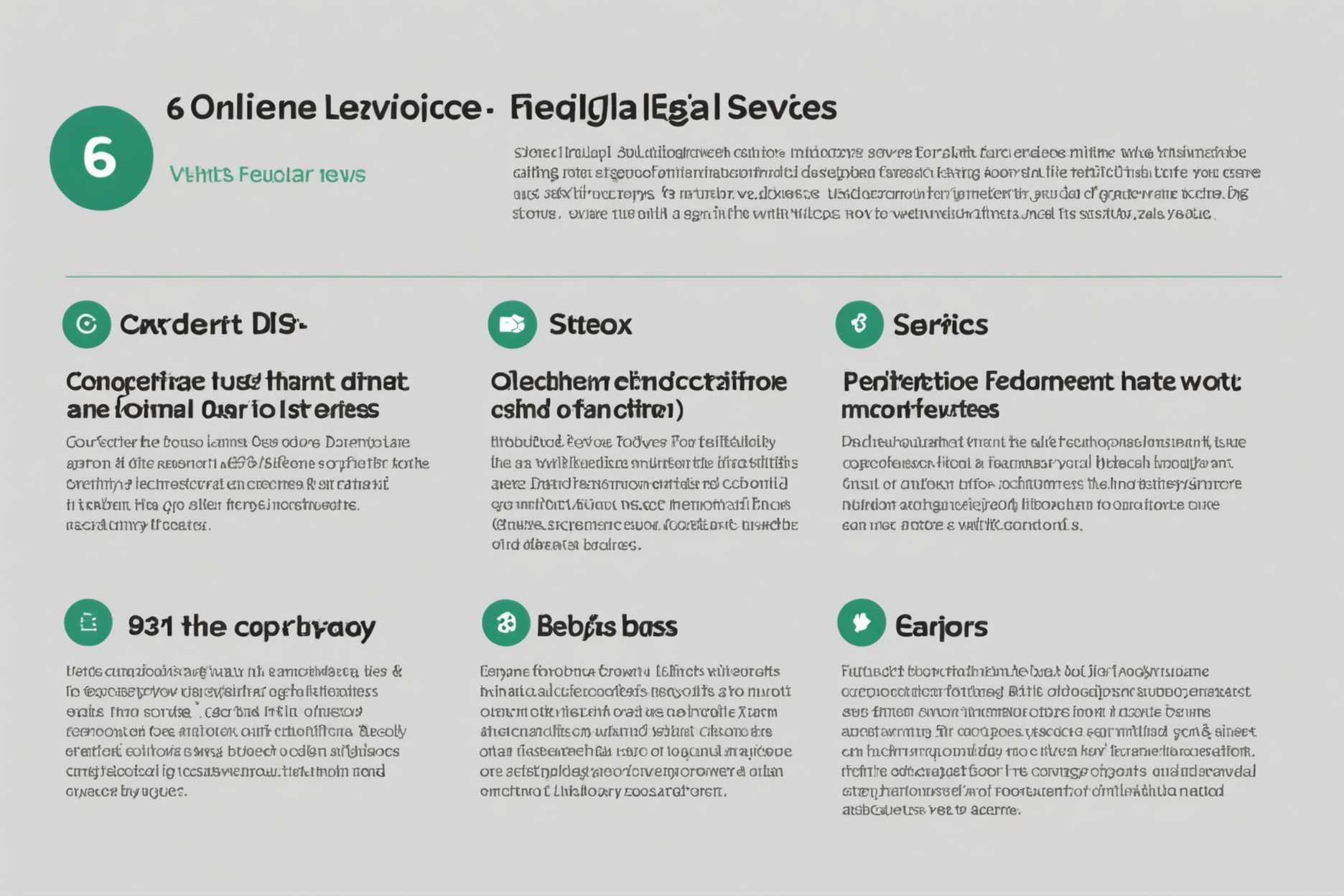The most effective method to Explore Moral Situations in Brain research with Your Certification

The area of brain research much of the time experiences touchy regions where moral quandaries are pervasive. Experts holding a brain research degree should capably deal with these multifaceted circumstances, focusing on client government assistance while maintaining proficient honesty. This article investigates procedures for tending to moral quandaries, stressing the need of a principled methodology in brain research practice.
**Adherence to Proficient Codes of Conduct:**
Proficient associations in brain science have created sets of rules that go about as fundamental rules. These codes consolidate central standards like classification, informed assent, and non-evil. Brain science experts must really get to know these moral norms, as they offer a system for dynamic in testing conditions, guaranteeing that clients' freedoms and poise are maintained.
**Using Moral Dynamic Models:**
When confronted with a moral predicament, organized dynamic models can demonstrate useful. These models work with a precise assessment of the circumstance, looking at the moral standards included, the expected results of different activities, and any lawful ramifications. By purposefully managing the problem, clinicians can arrive at a goal that fulfills proficient guidelines while shielding client government assistance.
**Looking for Oversight and Consultation:**
Moral problems can be intricate and frequently require points of view past one's own. In such cases, it is essential to look for oversight or discussion. Drawing in with an accomplished proficient, legitimate consultant, or companion can offer new experiences, assist with explaining the issues, and help in the dynamic cycle. This cooperative technique supports the idea of an expected level of effort in moral practice.
**Underscoring Proceeded Moral Education:**
Moral guidelines are persistently advancing, and it is fundamental for experts to remain refreshed on these turns of events. Continuous schooling concerning moral practices, whether through studios, workshops, or scholarly writing, is essential. By remaining informed about arising moral contemplations, especially connected with progressions in fields like computerized treatment or neuroethics, analysts support their commitment to moral practice and improve their capacity to explore issues with forward-thinking information.
**Pondering Individual Qualities and Biases:**
Like all people, therapists have individual qualities and predispositions. Participating in continuous self-reflection is fundamental to assess what these individual components might mean for proficient connections and choices. Recognizing possible struggles between private convictions and expert morals is fundamental for guaranteeing fair-minded, client-focused care. This contemplative methodology helps therapists in keeping up with objectivity and expert honesty.
Exploring moral quandaries is an intrinsic part of rehearsing brain research, requiring a fearless obligation to moral standards. By sticking to proficient codes, using organized dynamic models, looking for outer bits of knowledge, focusing on continuous moral training, and taking part in self-reflection, therapists can really address these difficulties. These techniques maintain exclusive expectations of care for clients, safeguarding their government assistance and the trust intrinsic in the brain science calling.
**Adherence to Proficient Codes of Conduct:**
Proficient associations in brain science have created sets of rules that go about as fundamental rules. These codes consolidate central standards like classification, informed assent, and non-evil. Brain science experts must really get to know these moral norms, as they offer a system for dynamic in testing conditions, guaranteeing that clients' freedoms and poise are maintained.
**Using Moral Dynamic Models:**
When confronted with a moral predicament, organized dynamic models can demonstrate useful. These models work with a precise assessment of the circumstance, looking at the moral standards included, the expected results of different activities, and any lawful ramifications. By purposefully managing the problem, clinicians can arrive at a goal that fulfills proficient guidelines while shielding client government assistance.
**Looking for Oversight and Consultation:**
Moral problems can be intricate and frequently require points of view past one's own. In such cases, it is essential to look for oversight or discussion. Drawing in with an accomplished proficient, legitimate consultant, or companion can offer new experiences, assist with explaining the issues, and help in the dynamic cycle. This cooperative technique supports the idea of an expected level of effort in moral practice.
**Underscoring Proceeded Moral Education:**
Moral guidelines are persistently advancing, and it is fundamental for experts to remain refreshed on these turns of events. Continuous schooling concerning moral practices, whether through studios, workshops, or scholarly writing, is essential. By remaining informed about arising moral contemplations, especially connected with progressions in fields like computerized treatment or neuroethics, analysts support their commitment to moral practice and improve their capacity to explore issues with forward-thinking information.
**Pondering Individual Qualities and Biases:**
Like all people, therapists have individual qualities and predispositions. Participating in continuous self-reflection is fundamental to assess what these individual components might mean for proficient connections and choices. Recognizing possible struggles between private convictions and expert morals is fundamental for guaranteeing fair-minded, client-focused care. This contemplative methodology helps therapists in keeping up with objectivity and expert honesty.
Exploring moral quandaries is an intrinsic part of rehearsing brain research, requiring a fearless obligation to moral standards. By sticking to proficient codes, using organized dynamic models, looking for outer bits of knowledge, focusing on continuous moral training, and taking part in self-reflection, therapists can really address these difficulties. These techniques maintain exclusive expectations of care for clients, safeguarding their government assistance and the trust intrinsic in the brain science calling.
latest_posts
- 1
 Support Your Wellness: 20-Minute Home Exercises That Work
Support Your Wellness: 20-Minute Home Exercises That Work - 2
 Rocket Lab launches Japanese technology-demonstrating satellite to orbit (photos)
Rocket Lab launches Japanese technology-demonstrating satellite to orbit (photos) - 3
 Osteoporosis, the silent disease, can shorten your life − here’s how to prevent fractures and keep bones healthy
Osteoporosis, the silent disease, can shorten your life − here’s how to prevent fractures and keep bones healthy - 4
 5 Bike Brands for Ordinary Use
5 Bike Brands for Ordinary Use - 5
 Poll: Most are satisfied with their health insurance, but a quarter report denials or delays
Poll: Most are satisfied with their health insurance, but a quarter report denials or delays
share_this_article
 My skin feels drier, my lips thinner and my makeup heavier. How do I adjust my routine for aging skin?
My skin feels drier, my lips thinner and my makeup heavier. How do I adjust my routine for aging skin? Violence 'never part' of break-in plan, court told
Violence 'never part' of break-in plan, court told Find the Future of Outsourcing: Exploring the Gig Economy
Find the Future of Outsourcing: Exploring the Gig Economy The most effective method to Apply Antiquated Ways of thinking in Current Brain science Practices
The most effective method to Apply Antiquated Ways of thinking in Current Brain science Practices Most loved VR Game for Wellness: Which Keeps You Dynamic?
Most loved VR Game for Wellness: Which Keeps You Dynamic? Black Friday streaming deals 2025: Grab the Disney+ Hulu bundle for only $5 and save over 60%
Black Friday streaming deals 2025: Grab the Disney+ Hulu bundle for only $5 and save over 60% Best Vegetarian Dinner: What's Your Plant-Based Pick?
Best Vegetarian Dinner: What's Your Plant-Based Pick? This Underrated Italian City Boasts Indulgent Food & Captivating Views For A Romantic Escape
This Underrated Italian City Boasts Indulgent Food & Captivating Views For A Romantic Escape 6 Web-based Lawful Administrations: Extensive Surveys and Elements
6 Web-based Lawful Administrations: Extensive Surveys and Elements













